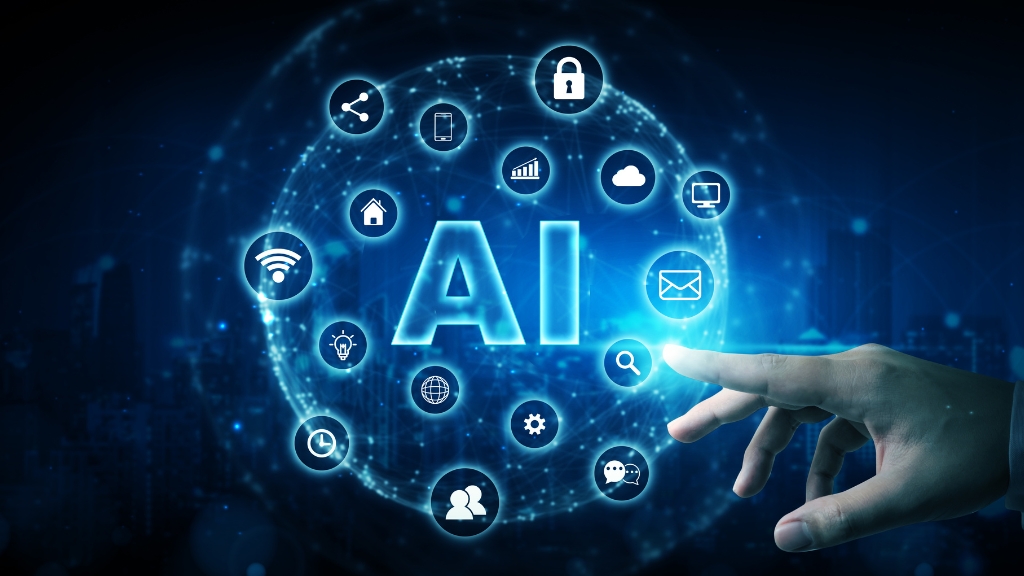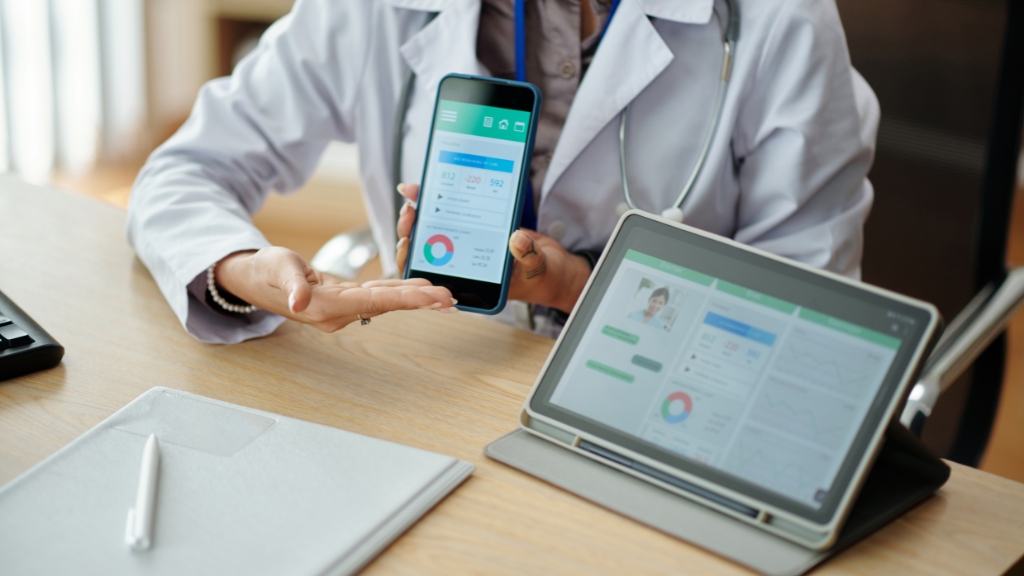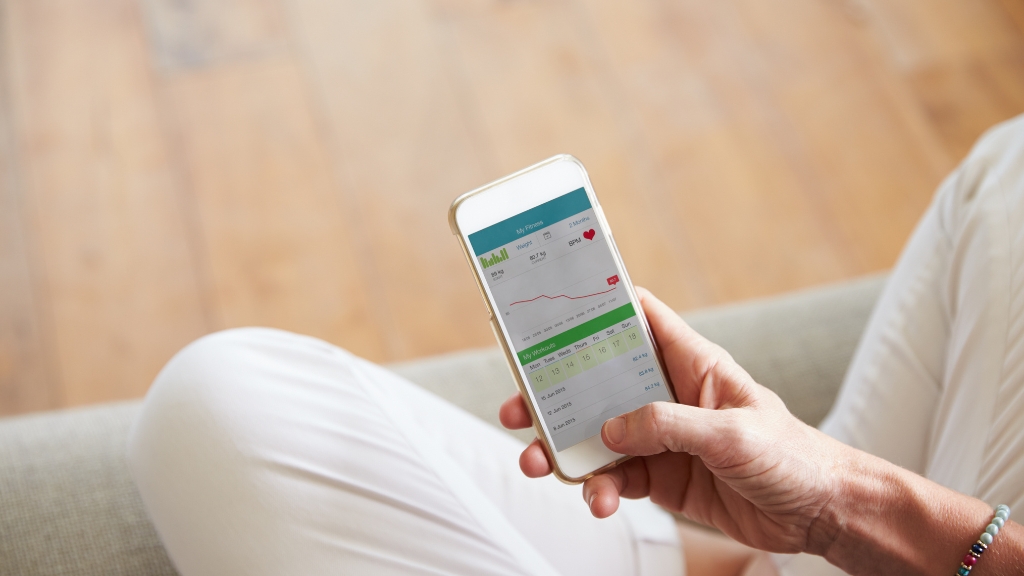
The Role of AI in Modern Healthcare Apps
Artificial Intelligence (AI) is increasingly shaping healthcare’s future by revolutionizing how care is delivered, managed, and experienced. Modern healthcare apps, like Pulse IQ, are leveraging AI to offer more brilliant, more efficient solutions to healthcare challenges. From enhancing diagnostic accuracy to enabling personalized treatment plans, AI is transforming the landscape of patient care. In this article, we’ll explore how AI is being integrated into healthcare apps and its significant benefits to patients and healthcare providers.
- Enhanced Diagnosis and Early Detection
AI-powered healthcare apps can analyze patient data and medical histories to diagnose conditions more accurately and quickly. These apps use machine learning algorithms to detect patterns in medical images, lab results, and other health data, helping healthcare providers make faster and more precise diagnoses.
- Example: AI in Pulse IQ can analyze trends in a patient’s health data over time, identifying early signs of diabetes or heart disease before they become critical.
- Benefit: Early detection allows for prompt treatment, potentially reducing the risk of complications and improving patient outcomes.
- Personalized Treatment Plans
AI’s ability to process vast amounts of data enables healthcare apps to deliver personalized treatment plans tailored to patients’ individual needs. By analyzing health records, lifestyle choices, and genetic information, AI can recommend therapies, medications, and lifestyle changes that are most likely to benefit each patient.
- Example: Pulse IQ can analyze a patient’s activity level, diet, and medication adherence to recommend lifestyle adjustments or new treatment options.
- Benefit: Personalized treatment ensures that patients receive care best suited to their unique health profile, improving the effectiveness of interventions.
- Virtual Health Assistants
AI-driven virtual assistants within healthcare apps enhance the user experience by providing 24/7 support. These virtual assistants can answer health-related questions, schedule appointments, offer medication reminders, and even provide mental health support through guided exercises or therapy suggestions.
- Example: Pulse IQ’s virtual health assistant can offer advice on managing chronic conditions, answer questions about medication side effects, or provide emotional support during stressful times.
- Benefit: AI virtual assistants reduce the need for frequent doctor visits, allowing patients to manage their health more independently and conveniently.
- Predictive Analytics for Proactive Care
AI and predictive analytics are transforming the way healthcare providers anticipate patient needs. By analyzing patterns in patient data, AI algorithms can predict future health events, such as the likelihood of a patient experiencing a heart attack or stroke. Healthcare apps like Pulse IQ can alert patients and their providers about potential risks, leading to early intervention.
- Example: Pulse IQ could predict a patient’s risk for a stroke based on factors such as blood pressure readings, family history, and lifestyle choices.
- Benefit: Proactive care improves patient outcomes by preventing health crises before they occur and ensuring timely and effective interventions.
- Streamlining Administrative Tasks
AI also playsplays a key role in streamlining administrative processes within healthcare apps. By automating tasks like scheduling, billing, and patient record management, AI allows healthcare providers to focus more on patient care and less on administrative duties.
- Example: Pulse IQ can automatically schedule follow-up appointments based on a patient’s treatment plan, track insurance claims, and provide real-time updates on billing statuses.
- Benefit: AI-driven administrative support reduces human error, increases efficiency, and allows healthcare teams to spend more time with patients.
- Improving Medication Adherence
AI-powered healthcare apps can help patients stay on track with their prescribed medications. By offering reminders, tracking usage, and analyzing data on medication adherence, AI helps prevent missed doses and ensures that patients follow their treatment plans as prescribed.
- Example: Pulse IQ sends reminders to patients about when to take their medications, logs when doses are missed, and notifies healthcare providers if there are any significant issues with adherence.
- Benefit: Consistent medication adherence is critical for managing chronic conditions and preventing complications, ultimately improving patient outcomes.
- AI in Mental Health Care
AI is increasingly important in mental health care by offering tools for emotional support, stress management, and therapeutic intervention. Healthcare apps like Pulse IQ integrate AI-driven mental health features, including mood tracking, self-care recommendations, and virtual therapy sessions.
- Example: Pulse IQ can assess a patient’s emotional state using AI algorithms that analyze patterns in activity and self-reported data, suggesting coping strategies or therapy resources as needed.
- Benefit: AI-enabled mental health support provides users with real-time assistance and helps manage conditions like depression, anxiety, and stress in a more accessible and convenient way.
- AI-Powered Remote Monitoring
One of the most significant advantages of AI in healthcare apps is the ability to monitor patients remotely. AI-powered apps can collect real-time data from wearable devices and health trackers to monitor vital signs such as heart rate, blood pressure, and oxygen levels. AI algorithms can analyze this data to detect any abnormalities or changes in health status.
- Example: Pulse IQ can collect data from wearable devices like smartwatches and analyze it to alert patients or doctors about concerning changes in vital signs.
- Benefit: Remote monitoring empowers patients and healthcare providers to track health trends continuously, leading to faster responses in emergencies or significant health changes.
- Automating Data Analysis and Reporting
AI can automate the analysis and reporting of patient data, reducing the burden on healthcare professionals and improving the accuracy of insights. By processing large amounts of data from various sources (e.g., lab results, medical histories, imaging), AI can produce detailed reports that help healthcare providers make more informed decisions.
- Example: Pulse IQ could automate the analysis of a patient’s lab results, providing the doctor with an AI-generated report highlighting critical findings and suggesting next steps.
- Benefit: Automation saves time, reduces human error, and ensures that healthcare providers receive more accurate and actionable data for patient care.
- AI-Driven Research and Drug Development
AI is revolutionizing medical research by speeding up drug discovery and clinical trials. Healthcare apps like Pulse IQ may use AI algorithms to analyze large datasets of patient records, clinical trials, and research findings to identify promising drug candidates or new treatment options.
- Example: AI could analyze patterns in patient outcomes and treatment responses to help identify effective therapies for specific conditions.
- Benefit: AI-driven research accelerates the development of new treatments, improving access to cutting-edge therapies and advancing medical science.
Conclusion
AI is reshaping modern healthcare apps, making them more intelligent, efficient, and patient-centered. From early diagnosis and personalized care to remote monitoring and medication adherence, AI is helping patients take charge of their health while supporting healthcare providers in delivering better, faster care. As AI continues to evolve, its role in healthcare apps like Pulse IQ will only grow, offering new opportunities for improving patient outcomes and transforming the healthcare experience.
FAQs
- How does AI improve healthcare app functionalities?
- AI enhances healthcare apps by automating tasks, providing personalized care recommendations, and analyzing patient data for better decision-making.
- Is AI safe to use in healthcare apps?
- Yes, AI algorithms in healthcare apps are designed with security and privacy in mind to ensure the protection of patient data.
- Can AI in healthcare apps replace doctors?
- AI is meant to assist healthcare professionals by providing insights, but it cannot replace human expertise in diagnosing and treating patients.
- How does Pulse IQ use AI for mental health?
- Pulse IQ uses AI to analyze user data, track mood, and recommend coping strategies, providing real-time emotional support.
- What benefits does AI bring to healthcare apps?
- AI improves diagnosis, patient engagement, remote monitoring, and medication adherence, enhancing healthcare experience and outcomes.
Leave a Reply
- AI in Diagnostics: Revolutionizing Early Detection and Accuracy
- How AI and Advanced Analytics Are Transforming Healthcare Outcomes
- Investing with Confidence: The Role of ROI Calculators
- How ROI Calculators Drive Data-Driven Business Strategies
- The Ultimate Guide to ROI Calculators for Business Success
- Making Sense of ROI Calculators: A Comprehensive Guide
- June 2025 (1)
- May 2025 (1)
- October 2024 (2)
- September 2024 (31)
- August 2024 (31)
- July 2024 (27)
- June 2024 (28)
- May 2024 (30)
- April 2024 (33)
- March 2024 (23)
- February 2024 (29)
- January 2024 (3)
- December 2023 (47)
- November 2023 (36)
- October 2023 (23)
- September 2023 (2)
- June 2023 (2)
- May 2023 (13)
- April 2023 (1)




